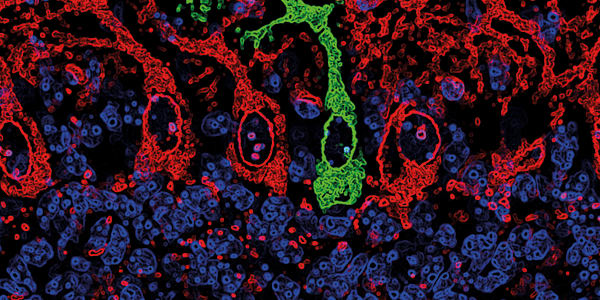In mid-February, a group of neuropathologists and neurologists from University College London (UCL) and Cardiff University published a brave piece of research (1). After following 14 retired footballers (that’s soccer players to our North American readers) with dementia, they concluded that, for those “with a past history of repetitive head impacts, chronic traumatic encephalopathy (CTE) is a potential neurodegenerative cause of dementia and motor impairments.” What happens when a spectator sport that’s worth around 25 billion euros in Europe alone (2) is linked to CTE and dementia? Well, you can probably imagine the ensuing media storm, if you didn’t witness it. You may also be able to predict the heated discussions in the boardroom of the UK’s Football Association (FA) – and, although a representative for the FA publicly voiced full support of the research, aspersions were also cast... In an interview, the daughter of one of the men, Jeff Astle (who died aged 59), said, “At the coroner’s inquest, football [sic] tried to sweep his death under a carpet. They didn’t want to know, they didn’t want to think that football could be a killer and sadly [it] can be.”
But let’s add some balance. Even the report authors wouldn’t call their findings definitive and issued the usual caveat: “future prospective longitudinal studies [...] are required to confirm the potential causal relationship between CTE and exposure to repetitive head impacts from playing football.” However, what they did find was certainly interesting and likely not the last we’ll hear of the issue. Like me, you may be experiencing déjà vu. Perhaps the investigators would find some value in speaking with extraordinary pathologist Bennett Omalu – a man so determined to out the truth that he took on the might of the National Football League (NFL), and faced (among other things) death threats and deportation from the US. Why? Omalu discovered CTE as a result of his autopsy work on football players in the US (3) and then linked it directly with trauma induced by the sport. Omalu’s relentless quest for the truth eventually led to a dramatic U-turn by the NFL – from outright denial to acceptance. The reality is that your own work can also be subject to scrutiny. Whether a challenge to a diagnosis, a contested research result, or the rejection of your recommended therapeutic strategy – you face potential rebukes every day. Standing up for what you believe in isn’t easy. But as Omalu proved, perseverance often pays. And Dr Omalu, if you happen to be reading this, The Pathologist would love to tell your story...
Fedra Pavlou
Editor

References
- H Ling et al., “Mixed pathologies including chronic traumatic encephalopathy account for dementia in retired association football (soccer) players” Acta Neuropathol [Epub ahead of print] (2017). Deloitte, “Annual review of football finance 2016”, Accessed 16 February, 2017 http://bit.ly/2kNxDEC BI Omalu et al., “Chronic traumatic encephalopathy in a National Football League player”, Neurosurgery, 57 128–134 (2005). PMID: 15987548.




